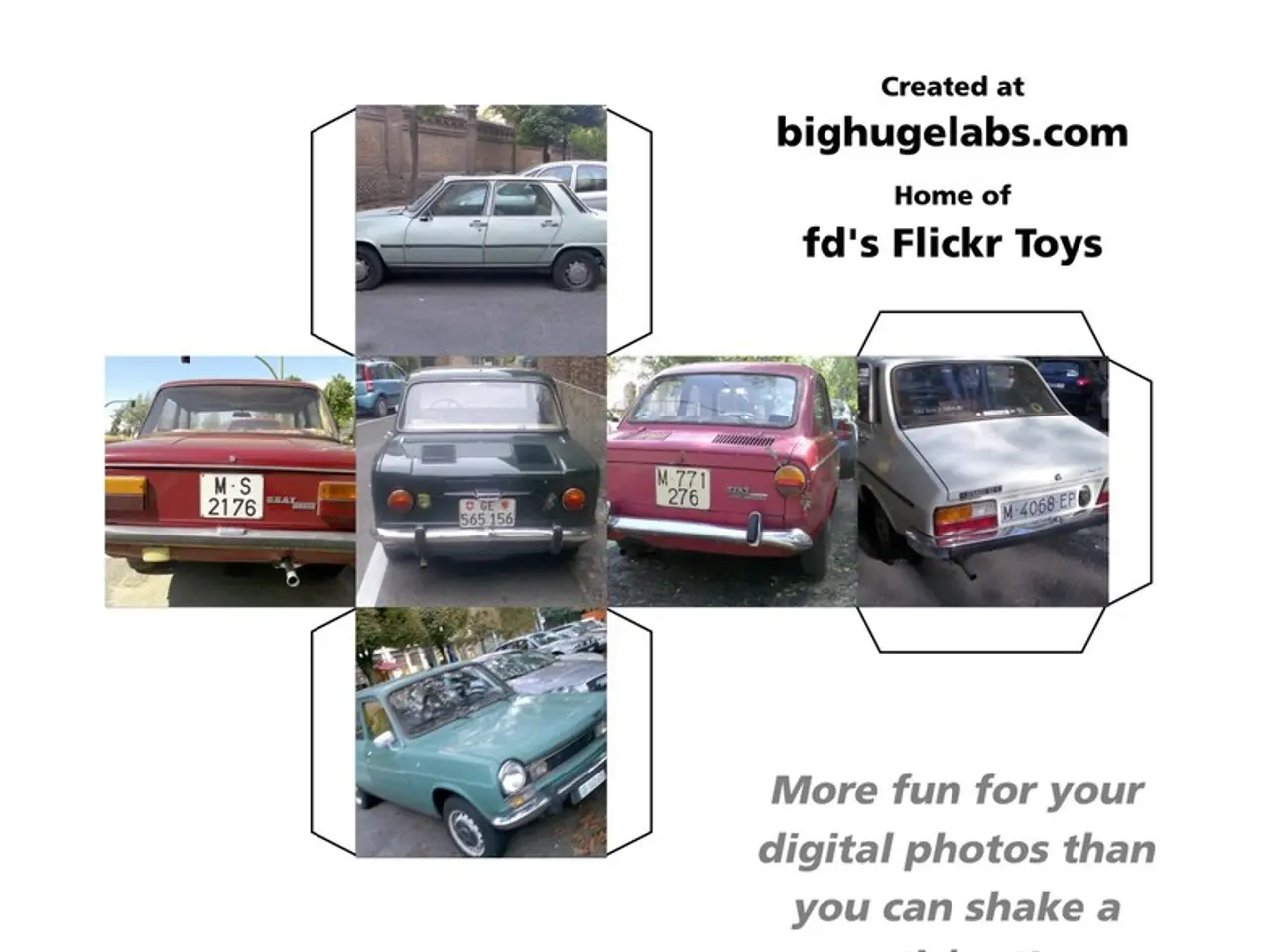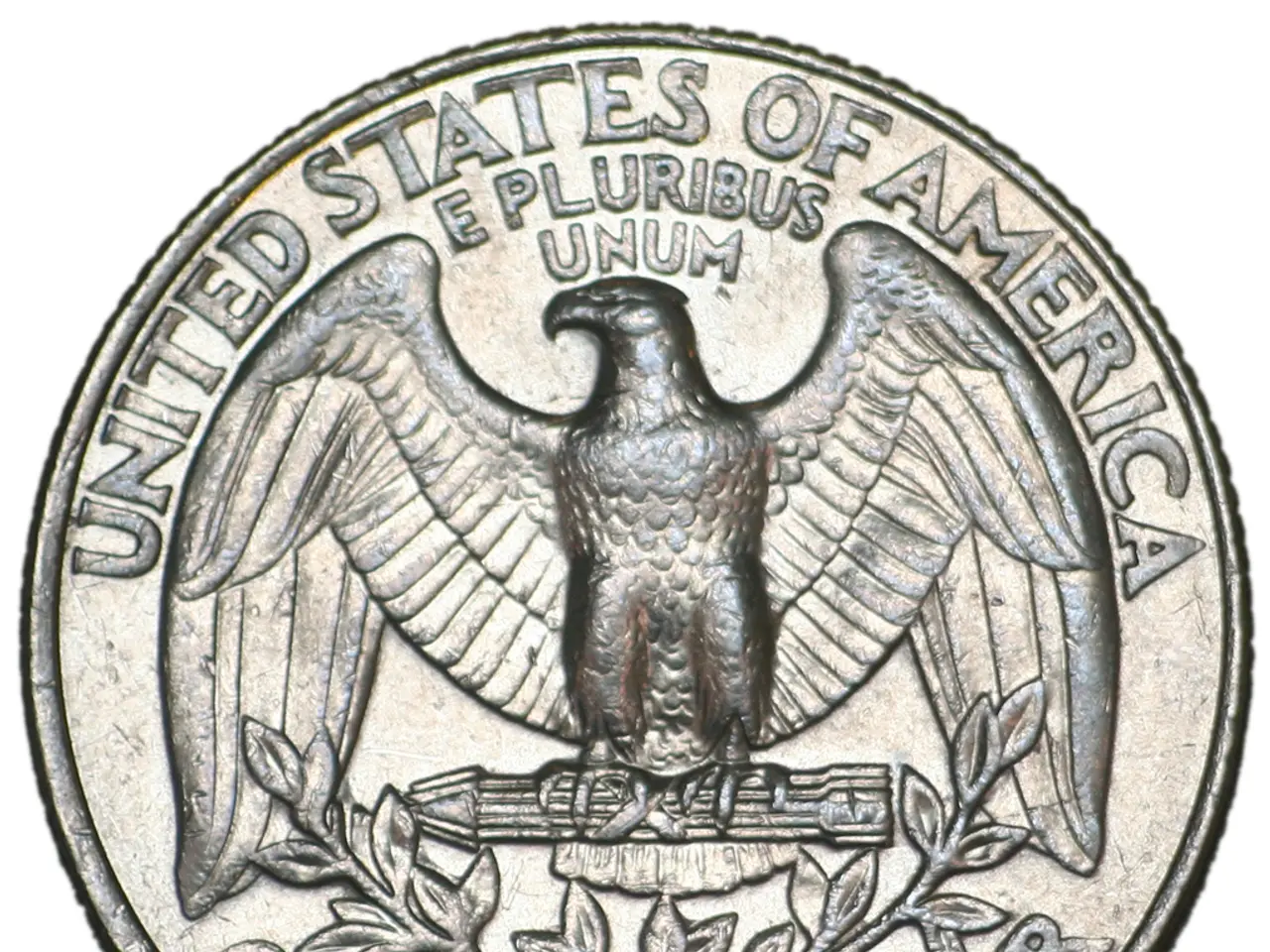Business operation encountering financial difficulties
The German automotive industry, a cornerstone of the country's economy, is facing a significant challenge as major carmakers like Mercedes-Benz, BMW, and Porsche report substantial profit declines. These companies are grappling with the impact of increased US tariffs, slowing sales in key markets such as China, and rising operational costs.
In the first half of 2025, Mercedes-Benz reported a net profit drop exceeding 55%, with some quarters seeing nearly 70% decline. Porsche's profit decreased by 71%, while BMW's profit dipped by 29%. These figures underscore the severity of the financial pressures facing the industry.
The US tariffs on European car imports are a significant factor in these profit declines. These tariffs are expected to reduce profits by hundreds of millions of euros for companies like Mercedes-Benz, adding considerable cost burdens and squeezing margins.
Moreover, German automakers are facing intensifying competition from cheaper domestic electric vehicle brands in China, leading to sales declines in one of their largest markets. For instance, Mercedes' China sales fell nearly 20%, while BMW’s sales decreased by about 15.5% in the first half of 2025.
In response to these challenges, car CEOs are advocating for political subsidies to cushion the impact of tariffs and protect investments in future technologies, particularly electric vehicles. They are also seeking trade union concessions, including agreements on labor cost flexibility or job cuts, to adapt their workforce size and cost structure to the new market realities without jeopardizing competitiveness.
Porsche, for example, plans to cut 1,900 jobs by 2029, while Volkswagen is considering up to 20,000 job cuts. The car industry's solution to make their companies future-proof is to make these difficult decisions and invest in future technologies like electric vehicles and autonomous driving.
Despite the profit decline, all German carmakers are still posting black numbers (making a profit). However, the transition towards these future technologies is costly and is squeezing profits. Car CEOs are pushing the narrative of the "crisis of the German automotive industry", hoping to gain support for their requests for subsidies and concessions.
It is important to note that our website, an independent, left-leaning, and opinionated daily newspaper, often presents opposing views from a broad left-wing spectrum. The car industry's challenges and responses are complex, and the debate surrounding them is ongoing.
In conclusion, the German automotive industry is facing a challenging period, with profit declines driven by tariff barriers, market slowdowns (notably in China), and cost inflation. Car CEOs are advocating for government and labor cooperation to ensure the viability of their companies and retain industrial competitiveness in a difficult global environment.
- The financial troubles of German automakers like Mercedes-Benz, BMW, and Porsche, stemming from increased US tariffs, slowing sales in key markets such as China, and rising operational costs, have led to significant profit declines in their technology and business sectors.
- In an attempt to navigate through these challenging times, car CEOs are seeking political subsidies and trade union concessions, with the aim of investing in future technologies like electric vehicles and autonomous driving, while maintaining their competitiveness in the face of cost burdens and squeezed margins.




